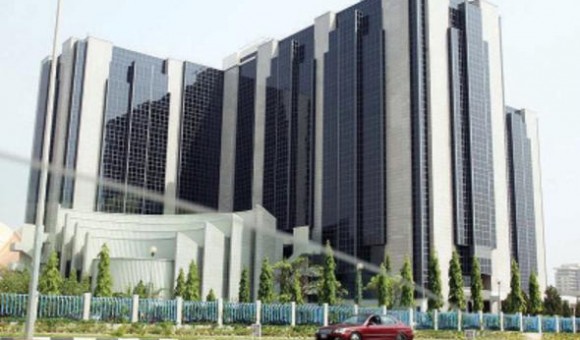Economy
Economist Intelligence Unit Predicts Nigerian Government’s Possible Return to Managed Exchange Rate Amid Naira’s Decline

The Economist Intelligence Unit (EIU), a branch of The Economist based in London, has released a forecast indicating that the Nigerian government is likely to revert to a system where they exercise greater control over the exchange rate. The prediction was made in the context of the Nigerian currency, the naira, and comes after a recent move by the Central Bank of Nigeria (CBN) to unify all segments of the foreign exchange (FX) market, relinquishing its direct control over exchange rates.
As per Business Day’s report, the CBN complied with a directive from the federal government to adopt a unified FX market, leading to the determination of the local currency’s exchange rate by market forces. However, the EIU suggests that this shift may be temporary, with the Nigerian government considering a return to a more managed exchange rate regime to prevent further depreciation of the naira.
The EIU’s reasoning behind this prediction lies in the CBN’s lack of experience in handling a flexible exchange rate system. The report highlights concerns about rapidly increasing inflation and the potential challenges the central bank may face in managing monetary policy under a floating exchange rate.
According to the EIU’s analysis, a return to heavier exchange-rate management is anticipated from the second half of 2023 if the naira continues to weaken beyond specific thresholds. The report projects that the naira could slide beyond N800:US$1, compared to N770:US$1 in early July, prompting intervention from the CBN.
One of the factors driving the possible intervention is the current shortage of foreign currency in Nigeria, particularly concerning fulfilling demands for foreign exchange through Form A and M. Speculators taking advantage of the situation further complicate matters. Approximately 98 percent of Nigeria’s foreign reserves are held in cash, which means the country may face challenges in managing its exchange rate effectively.
However, the EIU report offers some reassurance, stating that Nigeria’s foreign reserves remain relatively liquid, providing enough coverage for imports for the next six to eight months. Nevertheless, the unstable exchange rate is predicted to have a considerable impact on people’s lives, causing a gradual depreciation of the naira in the medium to long term.
The report estimates an average rate of “N815 to US$1 in 2024,” with a further decline to “N1,018 to US$1 by the end of 2027.” This projection underscores the importance of implementing appropriate measures to stabilize the currency and bolster the nation’s economic resilience.
In summary, the EIU’s analysis suggests that the Nigerian government may take steps to regain control over the exchange rate due to concerns over inflation and the potential consequences of an unmanaged float. However, the country’s relatively liquid foreign reserves provide some buffer, but sustained efforts are needed to mitigate the impact of an unstable exchange rate on the economy and the lives of its citizens.






